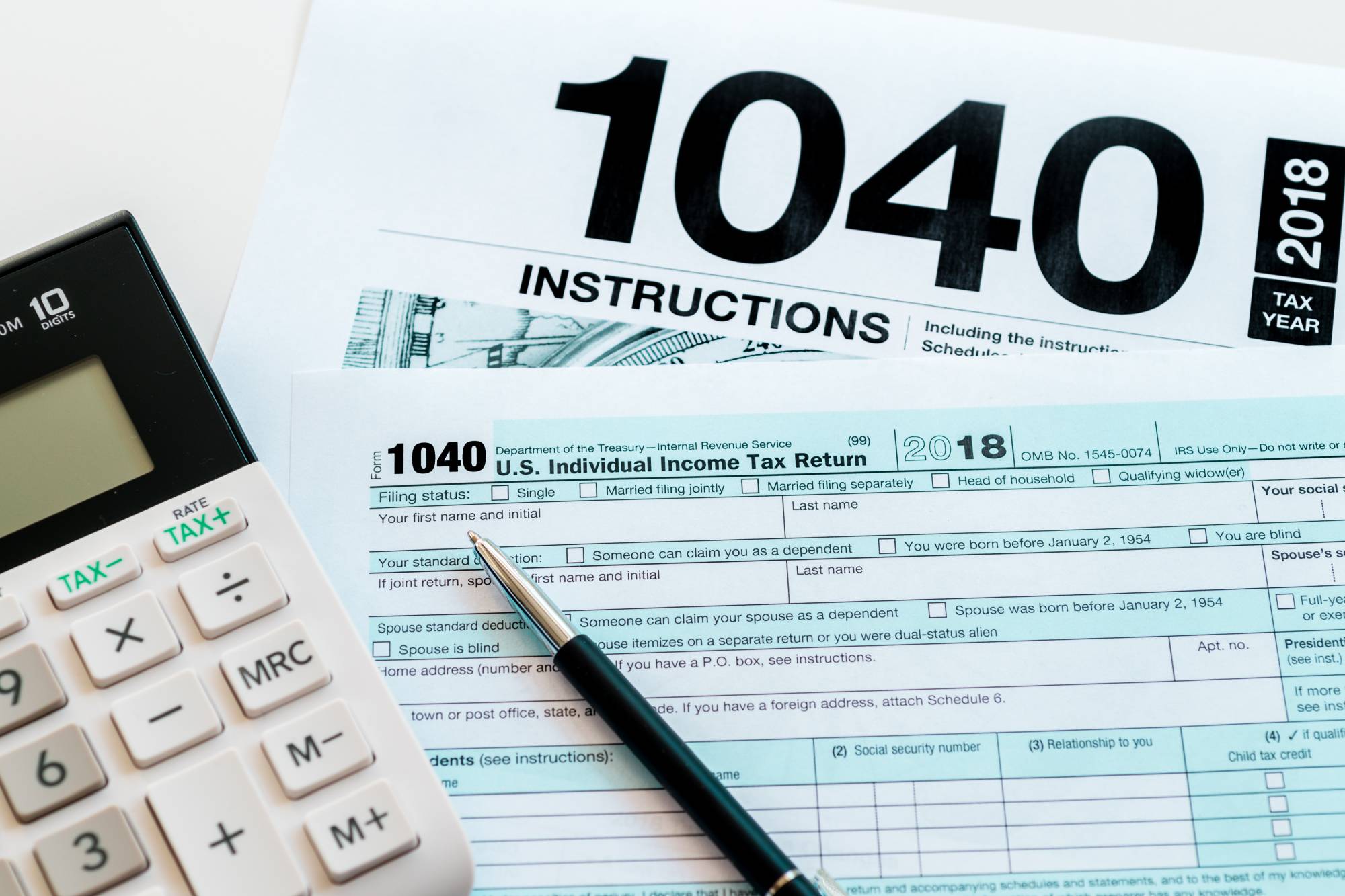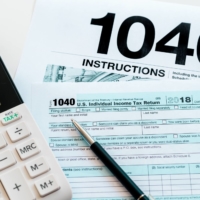The filing of tax returns will start next month in Japan, and as many readers are aware, Japan applies residence-based taxation, which basically means anyone residing and earning in Japan needs to file a tax return in Japan. On the other hand, the United States taxes based on citizenship, not residency. If you are a U.S. citizen living and generating income in Japan, you have to file tax returns in both countries.
On top of that, one must not forget that any income from assets including crypto assets is subject to taxation in both countries as well. Of course there is a tax treaty between the two countries to avoid double taxation, but to get any tax credit, one needs to file tax returns using accepted profit-and-loss calculation methods in each country.
Cryptact runs the largest platform for cryptocurrency capital gains and losses calculations and portfolio management in Japan with an automatic calculation function that covers different accounting methods and three different reporting currencies, the yen, dollar and euro, making tax filing in Japan and abroad simpler and easier.
Amin Azmoudeh, co-CEO of Cryptact, explained in a recent interview with The Japan Times that Japan is one of the rare countries that use the periodic average method for profit-and-loss calculation of gains on crypto assets.
In the periodic average method, generally speaking, what counts is total buys and total sells within the tax period, without any regard to when in the tax period an asset was acquired or disposed of. Most other countries, including the United States, apply more standard accounting methods like first-in, first-out where assets acquired first are sold first, along with a few other calculation methods.

Different calculation methods likely lead to different results in terms of taxable profit in each country. This, in addition to the difference in tax rates and taxation systems between Japan and the U.S., was what troubled Azmoudeh, who is an American citizen and an owner of crypto assets who lives in Japan. This prompted him to build the Cryptact platform, which can clarify the tax implications of one’s crypto assets in both countries. Azmoudeh revealed that the usage of the platform spikes closer to the end of the year because it can also be used for simulating and understanding how you should trade during the remaining days to minimize the overall levy on your crypto assets while complying with both countries’ taxation systems.
He pointed out that crypto tax regulations are becoming more structured and severe.
“It is easier for governments and regulatory agencies to do analysis and figure out who is doing what,” once they are armed with adequate regulations and a taxation system, he said, because the transparent nature of the blockchain makes it possible to trace and identify any transactions that happen on it. “It is much more prudent to be aware of the regulations and responsibilities of crypto income.”
The unique thing about cryptocurrency is that it advances so fast that systems and regulations are not always keeping pace in many countries. In December, Cryptact launched a new service to aggregate and automatically identify “DeFi” transactions. DeFi is short for decentralized finance, which allows one to make a variety of crypto transactions, including exchanges, lending, generating interest, issuing or receiving tokens and so on, without being controlled by a single, central source or going through conventional financial institutions, such as banks and securities firms. This is one of the fields in cryptocurrency where regulations are not catching up.
“It is important that we start providing solutions before rules are established, because by doing so, we may be able to help governments make the rules,” Azmoudeh said.
Thanks to a high level of calculating accuracy that continuously improves and a multijurisdictional approach that keeps up with technological advancements in the field, Cryptact will continue to support those who try to be compliant owners of crypto assets.





